Today, representatives of the religious community who supported the democratic movement are widely persecuted in Belarus. Clergy and believers from various faiths are being arrested, with some facing criminal charges, and religious communities are being labeled as containing “extremist materials.” How is this happening in 2024?
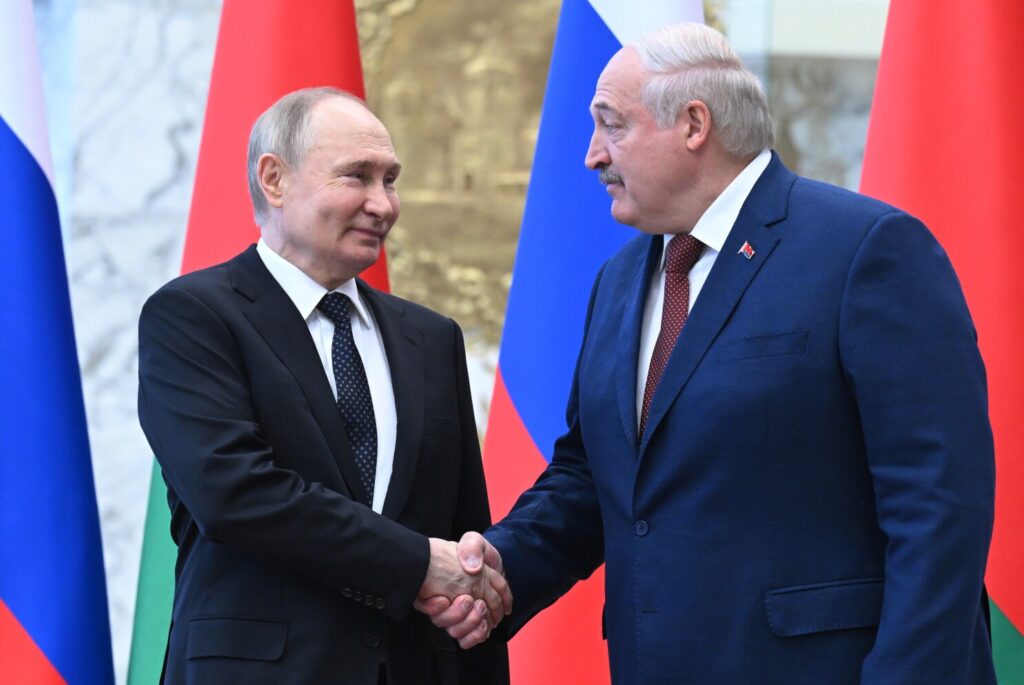
On the air of Radio Svaboda, a theologian and representative of the Christian Vision, spoke about various cases of pressure on believers in detention, bullying, and even torture.
“People who are believers see their path even inside prison not as some kind of end, not as lost years; they often see it in the context of their eternal life, the fact that they are now serving God.”
Administrative persecution of priests
At least 11 cases of administrative persecution of priests have been known in 2024.
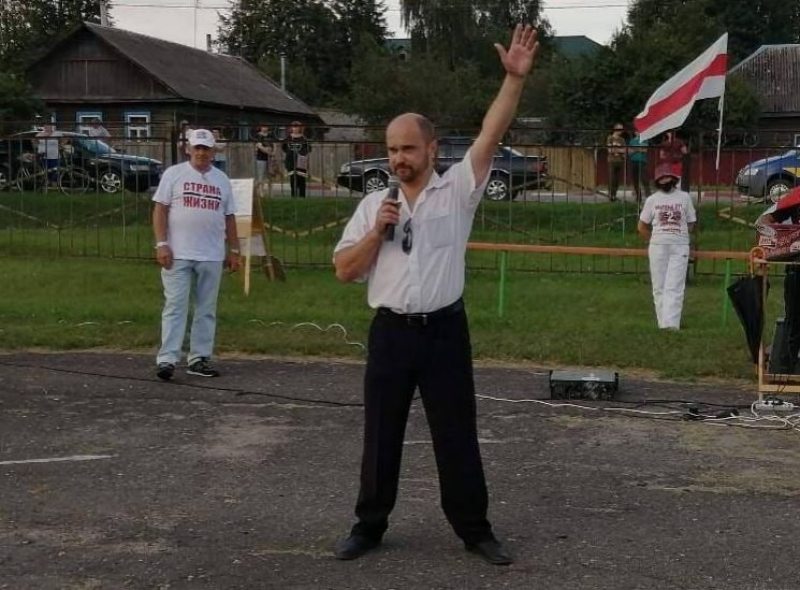
On January 9, it became known that Raman Razhdzestvenski, who was arrested for 14 days, was the pastor of a Baptist community in the town of Veramiejki (Mahilioŭ region), part of the Union of Evangelical Christian Baptists in the Republic of Belarus. He was convicted under administrative Article 19.11 (distribution of extremist materials). The pastor had previously been detained, was fined, and had his laptop confiscated in March 2022.
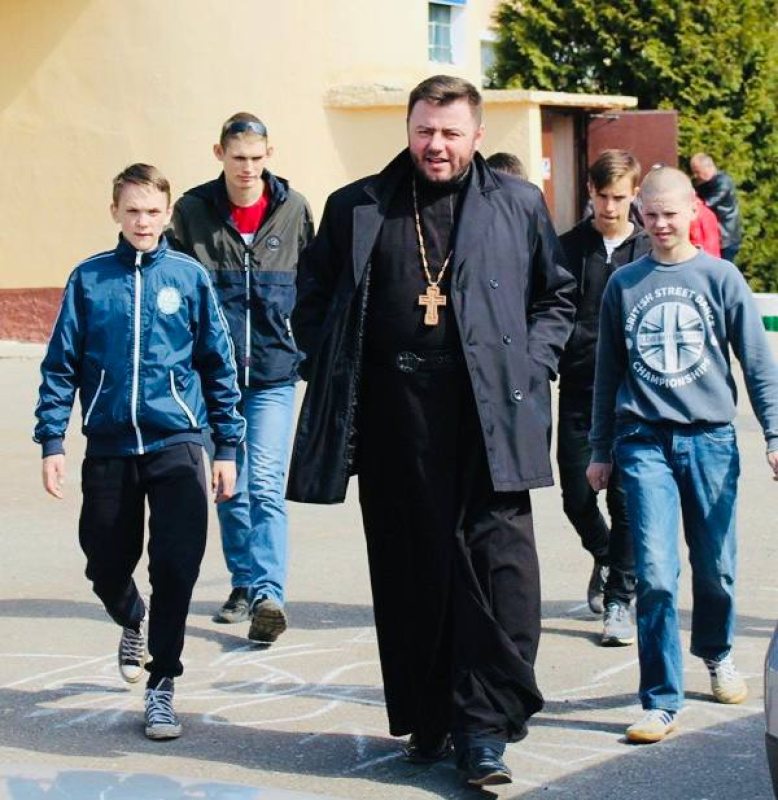
On February 10, after returning from a trip to Italy, priest Ihar Kavalchuk was detained. He is the former rector of the Parish of the Church of the Assumption of the Blessed Virgin Mary in Rahačoŭ, Homieĺ diocese of the Belarusian Orthodox Church. Subscriptions to “extremist” resources were found in his phone, and a report was drawn up on him under Article 19.11 of the Administrative Code of the Republic of Belarus. The priest was arrested for a period of 15 days. On February 25, the priest was not released, and a new administrative process was initiated against him under Article 19.11 of the Administrative Code of the Republic of Belarus. The second period of arrest was 12 days. On March 9, he fled from persecution in Belarus.
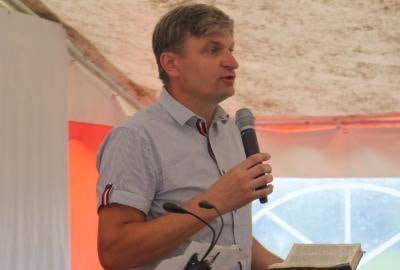
On February 22, Pastor Aliaksandr Zaretski was detained. Propagandists have repeatedly complained that in his church there were prayers for ending the war in Ukraine and threatened persecution. The pastor was arrested for a period of 15 days, after that for another 15 days under Article 24.23 of the Administrative Code (violation of the procedure for organizing and holding mass events). The reason for the persecution was the statements which he allegedly made during a service: “Let’s pray for those who are in prisons for falsified reasons”; “look at how higher-ranking officials say one thing, but people see another on the streets”; “they show us to say that everything is fine, that everything is pleasant and satisfactory, and sometimes it’s easier to agree”; “let’s pray for U., come to prayers for U.“
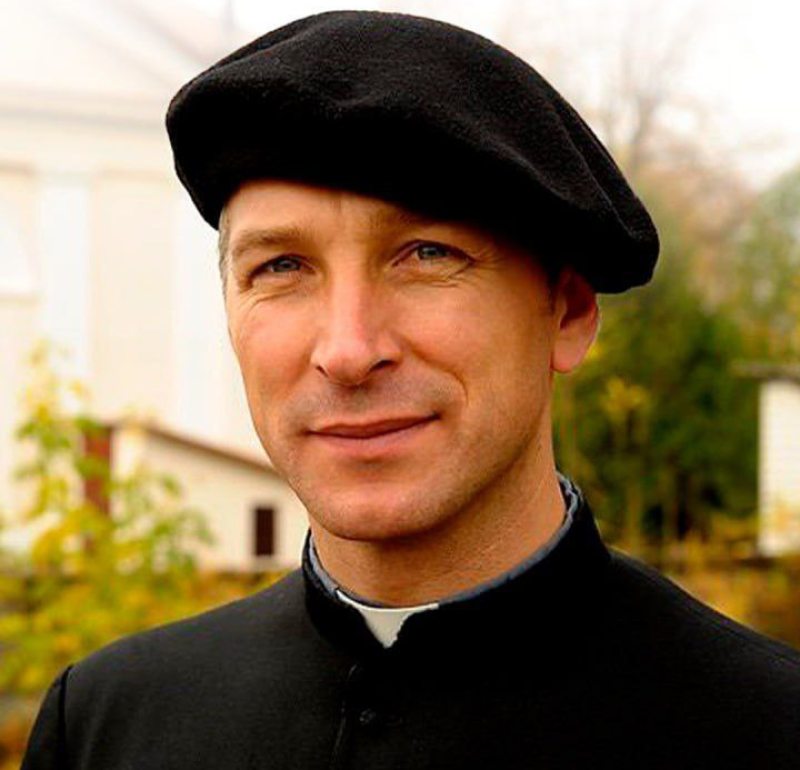
On March 14, Catholic priest Pavel Hedroits faced administrative prosecution. He is a rector of the Holy Cross Church in the village of Halynka and the Church of the Annunciation of the Blessed Virgin Mary in the village of Perstuń, Hrodna region. The priest was brought to administrative responsibility for distributing extremist materials, and his mobile phone was confiscated. He was also accused of liking to sing “beautiful Bandera songs.” The priest was fined 1200 rubles (340 euros).
On March 15, Orthodox priest Mikalai Haiduk was punished with an administrative fine; he is a cleric of the church in honor of the Cathedral of All Belarusian Saints in Hrodna. The authorities discovered that he had posted information on VKontakte with the TUT.BY logo, as well as a photo of Goebbels with a swastika. The actions were recognized as the storage of extremist materials for the purpose of dissemination (Part 2 of Article 19.11 of the Administrative Code of the Republic of Belarus), as well as the dissemination of Nazi symbols (Part 1 of Article 19.10 of the Administrative Code of the Republic of Belarus). Haiduk explained that he posted Nazi symbols as part of a historical photograph in order to criticize Nazi views, which was confirmed by the context of the information he posted, but he was fined 1,600 rubles.
On May 8, priests of the Order of Missionary Oblates of Mary Immaculate, who serve in the diocesan sanctuary of the Our Lady of Fátima in Šumilina (Viciebsk region), priests Andrzej Yukhnevich OMI and Pavel Lemekh OMI, were detained. Yukhnevich is also the head of the coordinating group of abbots and representatives of the monastic communities of Belarus. The detention occurred after the participation of both priests in a meeting of priests of the Viciebsk diocese, which took place in their church. The priests are accused of “sabotage activities to the detriment of the Belarusian state.” Before the trial, the priests were held in a temporary detention facility in Viciebsk. The priests were sentenced via Skype: Yukhnevich to 15 days and Lemekh to 10 days.
On May 17, it became known about the persecution of Pastor Yury Hardzei (Grace Church, Iŭje, Hrodna region). The Iŭje District Court convicted him under Part 2 of Article 19.11 (storage for the purpose of distributing information included in the republican list of extremist materials). The priest was charged with one subscription to a so-called extremist resource on Odnoklassniki. He pleaded not guilty. The judge took into account the medical certificate, according to which the pastor cannot be sent to a pre-trial detention centre, and sentenced him to a fine of 1,200 rubles (approximately 400 euros) with confiscation of the phone.
On June 7, 2024, Evangelical Baptist Church minister Dzmitry Chouhan, a father of four children (the youngest only three years old), was detained while crossing the border. He was apprehended during his trip to Poland and taken to a detention center, where he was sentenced to 15 days of administrative detention. The reasons for his persecution remain unclear. Authorities gained access to his social media and replaced his Facebook profile picture with the red-green national flag of Belarus.
On August 16, 2024, Catholic priest Pavel Yarashievich, dean of the Pružany deanery and parish priest of the Church of the Assumption of the Blessed Virgin Mary (Pinsk diocese), was detained. On August 19, he faced trial and was held administratively accountable for subscribing to so-called extremist media (Article 19.11 of the Belarusian Administrative Code). He received a fine of 1,200 rubles (400 euros), and his mobile phone was confiscated.
On October 7, 2024, Catholic priest Yury Barauniou, the parish priest of the Sacred Heart of Jesus in Krulioŭščyna, Dokšycy district (Viciebsk region), was detained. He was accused of possessing and distributing “extremist materials” (Article 19.11, Part 2, of the Belarusian Administrative Code) and sentenced to 10 days in detention.
On October 8, 2024, another trial was held in Horki, Mahilioŭ region, against Catholic priest Andrei Keulich, dean of the Mahilioŭ deanery and parish priest of the Roman Catholic Church of Our Lady of Bialynick in Horki. Judge Yaskovich presided over the case.
Priests who are political prisoners
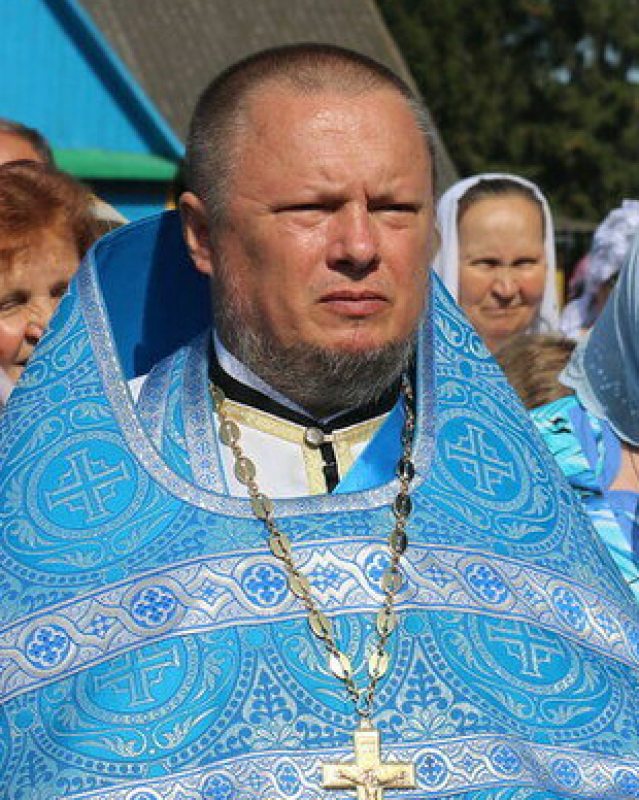
Siarhei Rezanovich is an Orthodox priest, rector of the Church of St. Archangel Michael in the agro-town of Stsiapanki (Brest region). He was detained together with his wife Liubou and his sons Pavel. Judge Maksim Filatau sentenced Rezanovich to 16 years in a medium security penal colony and a 19,200 rubles fine (5,418 euros).
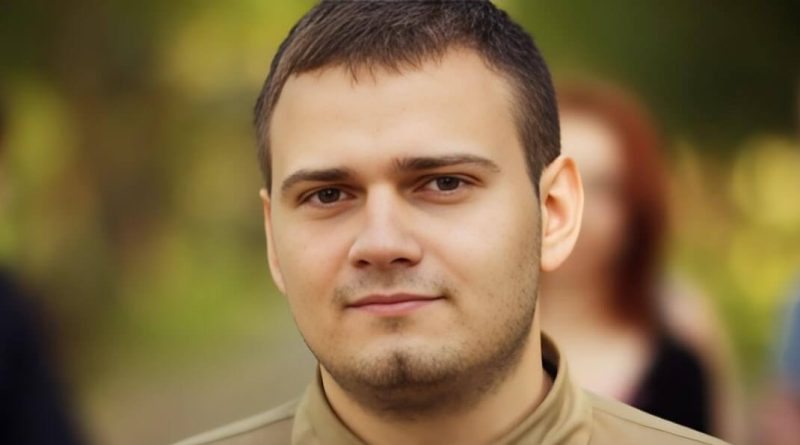
On May 31, 2023, Uladzislau Beladzed, a catechism teacher at the Minsk Arch-Cathedral, was detained. During the peaceful protests of 2020, he actively participated in common Christian prayers for an end to violence and lawlessness in connection with the developing political crisis in Belarus. Inhuman and degrading treatment was used against the believer: he was forced to record a so-called “repentant” video where he looked very depressed and had to declare his homosexual orientation twice on camera, which puts him under additional threat of pressure in places of arrest or detention. On March 14, 2024, a verdict was passed in the case of Uladzislau Beladzed. Judge Alena Ananich (Minsk City Court) sentenced him to 3 years of imprisonment. The trial was held behind closed doors.
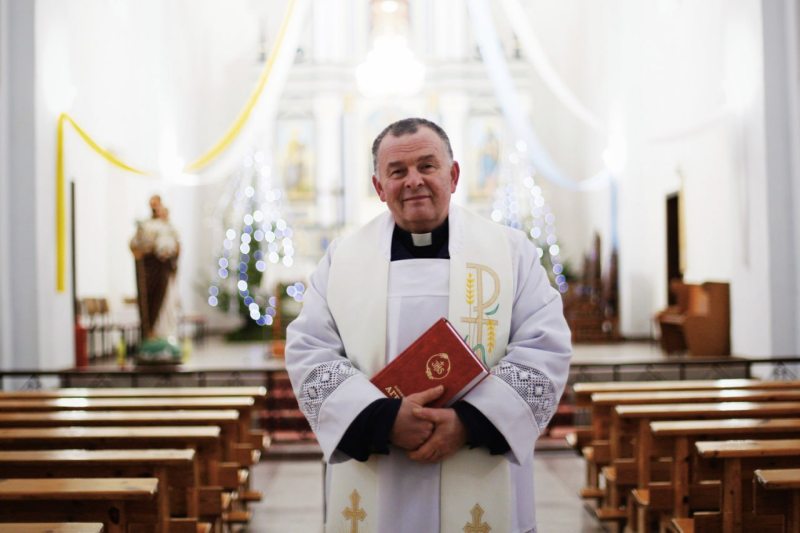
Henrykh Akalatovich is a priest from Valožyn. The man was detained in November 2023. He was 70 years old at the time of his arrest. He suffered a heart attack and recently underwent gastric surgery due to cancer. He needs to have medical supervision and constantly take medications. He is held in the KGB detention center. Earlier it was reported that the priest is charged with “treason against the state” (Article 356 of the Criminal Code).

On May 29, it became known that a criminal case had been initiated against Mikalai Khilo, a preacher of the Evangelism Church, who was detained on April 24. He was taken into custody and is in a new pre-trial detention center in Kaliadzičy. According to preliminary information, he may be charged with insulting Lukashenka (Article 368 of the Criminal Code).
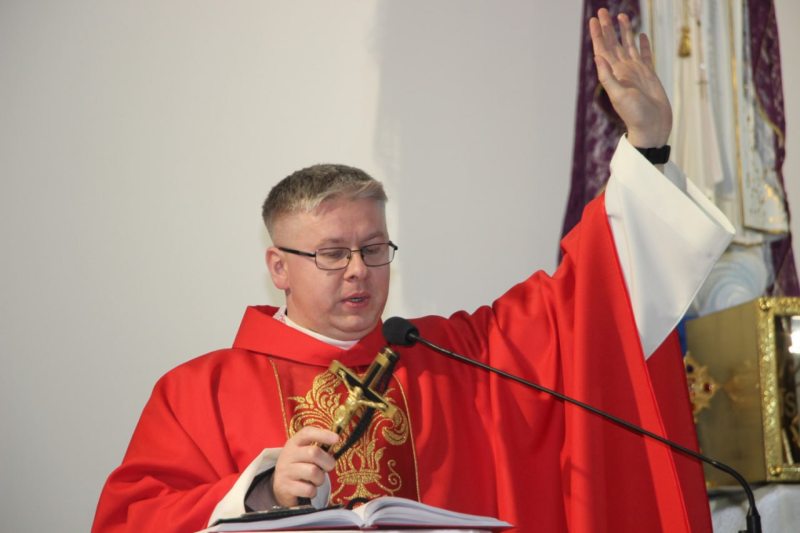
Andrzej Yukhnevich is a Catholic priest, serving as the pastor of the Roman Catholic parish in Šumilina, dedicated to Our Lady of Fatima. He was detained on May 8, 2024. On June 24, 2024, it became known that he had not been released from the Viciebsk temporary detention facility after serving 45 days in detention. Father Andrzej faced administrative arrests four times, including charges under Article 24.23 of the Code of Administrative Offenses of the Republic of Belarus for conducting an “unauthorized picket” by displaying the Ukrainian flag on his social media profile. Authorities allowed him to receive only essential medicines from outside.
In early July 2024, it was reported that a criminal case had been initiated against him, and he was being transferred from the temporary detention facility to a pretrial detention center (SIZO). As of this update, the specific charges remain undisclosed. According to Christian Vision in the fall of 2024, pressure continues to be applied on the priest in SIZO-2, where he has been held since his initial detention on May 8, 2024. He was first allowed a shower only after two months of imprisonment. Now, he faces potential charges related to crimes against the sexual integrity of minors.
Persecution of religion
On February 7, there was a court hearing in the Minsk City Court on the dissolution of the local charitable foundation in honor of St. John the Russian, associated with the St. Elizabeth Monastery in Minsk. The plaintiff in the case was the Main Department of Justice of the Minsk City Executive Committee.
In the spring, the authorities refused to allow Catholic believers in Baranavičy to hold an annual Way of the Cross on Good Friday, which in 2024 was celebrated on March 29. Previously, the event took place every year and even became the hallmark of Baranavičy. The authorities did not specify the reasons for the ban.
On May 15, it became known that the priest of the Belarusian community in Vilnius, Archpriest Heorhii Roi, was added to the Russian search database. A criminal case has been initiated against him in Belarus, but it is not known under what article. Roi actively helped detainees during the peaceful protests of 2020, opened the cathedral so that protesters could escape persecution, and made pro-democratic and anti-war publications on his social media. Due to the threat of persecution, he was forced to leave Belarus.
Catholic intellectual Piotr Rudkouski was sentenced in absentia to 11 years of imprisonment in connection with the Tsikhanouskaya analysts case. Rudkouski, a former director of the Belarusian Institute for Strategic Studies, is a well-known Catholic intellectual in Belarus who regularly contributes to the Ephphatha section on Vatican Radio. In addition to being placed on the “extremist list,” his name was added to the list of individuals allegedly involved in “terrorist activities.”
In October 2024, Christian Vision reported that Aliaksandr Rumak, the Commissioner for Religious and Nationalities Affairs — the government agency overseeing religious organizations — demanded that leaders of religious organizations applying for re-registration include specific provisions in their statutes. According to these provisions, anyone listed as affiliated with extremist or terrorist activities in official government lists would be prohibited from founding or leading a religious community.
Rumak openly threatened religious organizations on the ONT TV channel that they would face consequences if they interfered in politics, with clergy participating in protests, criticizing the government, or calling for political action.
In July, the authorities blocked access to the Catholic resource Katolik.life, an independent Catholic initiative reporting on the Catholic Church’s activities in Belarus — including the closure of the Red Church, arrests of clergy and believers, and accounts of torture and the experiences of believers during the war. In August, the Telegram channel of the publication was recognized as “extremist materials.”
Religious “extremist” materials
After the events of 2020, the Belarusian regime began a crackdown on the media, recognizing independent media, websites, Telegram channels, social media, as well as symbols associated with peaceful protest as “extremist materials.” As a result, persons who forward information from these sources, or information containing logos of these sources, are prosecuted under Article 19.11 of the Administrative Code.
Now there are at least 13 cases on the list as of March 18, 2024, not counting believers on the list of “extremists”. Among the sources are the pages of Priest Viachaslau Barka, Orthodox Archbishop Artsemii of Hrodna, Orthodox theologian Natallia Vasilevich.
At its meeting on March 15, 2023, the European Parliament adopted a resolution The Ongoing Persecution against the Belarusian People, in particular, against Ales Bialiatski and Andrzej Poczobut.
The document draws attention to the persecution of the religious community: “The illegitimate regime of Lukashenka continues to suppress freedom of religion and belief; taking into account that, according to the Coordinating Council, several Catholic, Greek Catholic, and Orthodox priests and Protestant pastors have faced various forms of pressure, from fines to long prison terms; among them is Siarhei Rezanovich, who was sentenced to 16 years of imprisonment.”
The article uses information collected by Christian Vision. On February 10, it presented materials for the report to the Special Rapporteur on the human rights situation in Belarus to the UN Human Rights Council for 2024, dedicated to freedom of association. The report was submitted in English, and there is a translation into Russian.
Copied: spring96.org



